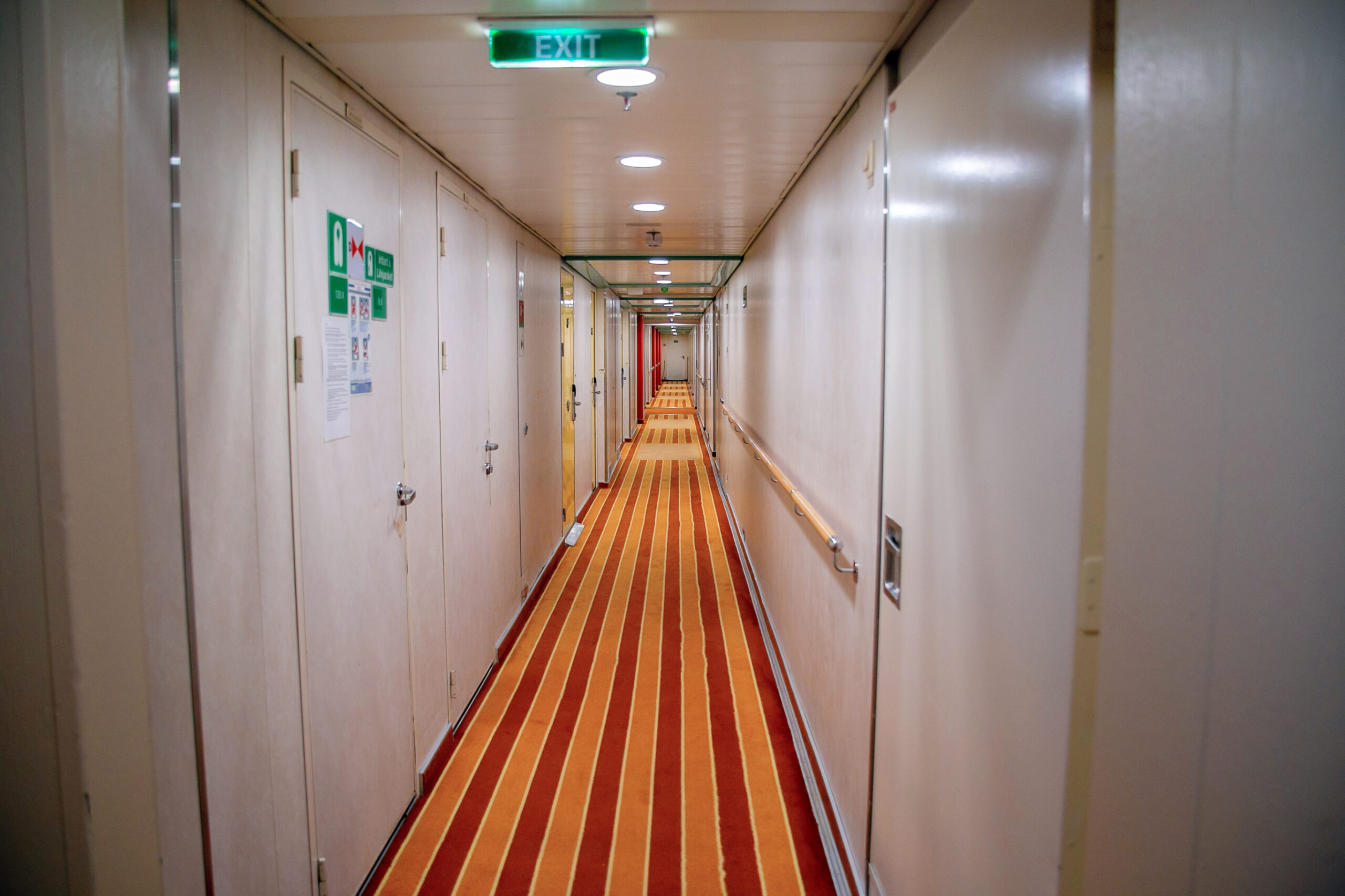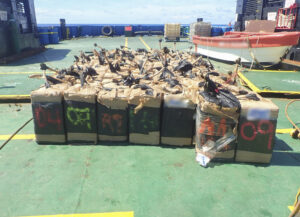The combination of workload on board and limited time in port make it virtually impossible for many seafarers to make time for shore leave.
A study from The ITF Seafarers’ Trust, Shore Leave and the Future of Port-Based Welfare, confirms fears that seafarers’ access to shore leave is in decline since the pandemic. Where seafarers’ centres are visited, the stays are usually for less than 2 hours.
The report presents the findings of a survey of people working in the field of port-based welfare and adds a different perspective to the results published in Shore Leave: Rare, Brief and in Danger of Extinction.
Ninety-six responses were received from eighty-three organisations running services for seafarers in 25 countries. It finds a 61% decline in seafarers spending time ashore in seafarers’ centres since the start of the pandemic, with 68% reporting that most seafarers spend less than 2 hours in their centres.
In addition to lack of time in port and heavy workload on board, port state and company restrictions feature as significant.
Katie Higginbottom, head of the ITF Seafarers’ Trust, said: “If we take at face value the MLC regulation requiring that ‘Seafarers shall be granted shore leave to benefit their health and well-being…’, we must look to the regulators and the shipping industry to make sure that the operational and commercial factors don’t render this statement meaningless. There must be a consensus around defending seafarers’ right to shore leave and proactive efforts made to facilitate it at every opportunity.”
In accordance with the new survey, fewer seafarers are spending time ashore in seafarers’ centres – 61% of respondents reported a decline in visitor numbers since the pandemic, for 12% the numbers remained the same and only 15% saw an increase in visitors.
Seafarers’ centres confirm the same main barriers to shore leave as those cited by seafarers in a survey that had 5,879 responses – lack of time in port and workload on board.
Furthermore, where seafarers are taking shore leave, they have little time to spend ashore, usually less than 2 hours.
The report warned that without action, a “vicious circle” of decline in viable port-based welfare services, due to lack of demand, could emerge.
The ITF Seafarers’ Trust urged regulators to review requirements around hours of work/rest and minimum safe manning to ensure that seafarers have sufficient time to take adequate rest, allowing shore leave. It also calls shipping companies to ensure ‘humane conditions of labour’ (ILO constitution) on board ships and promote crew wellbeing, including access to shore leave, in the interest of safe operation.
Established in 1981, the ITF Seafarers’ Trust is a UK charity, which funds programmes that advance the wellbeing of maritime workers, seafarers and their families.



